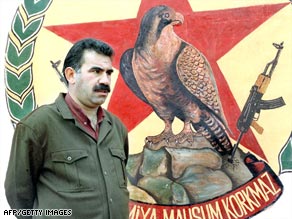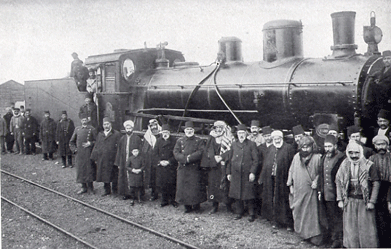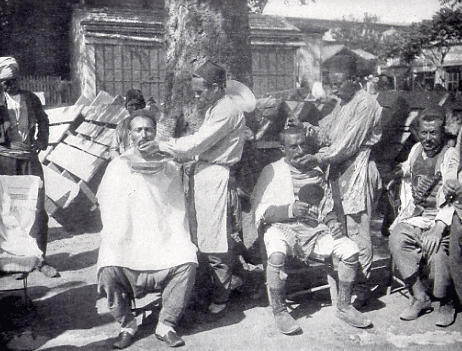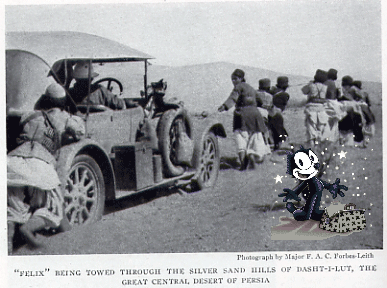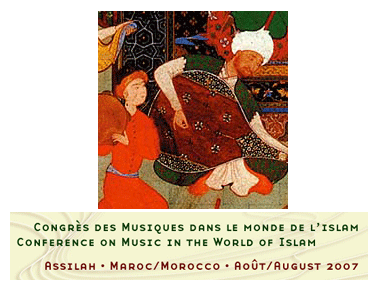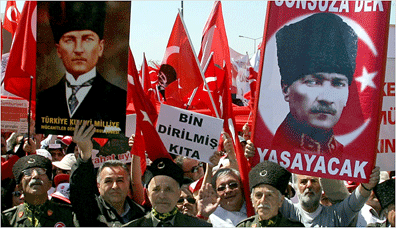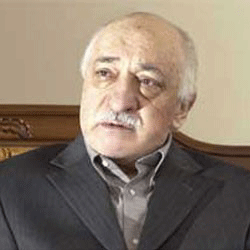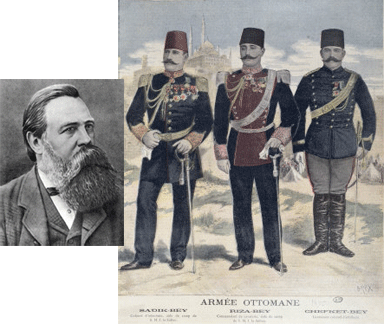
The Communist Manifesto, published by Karl Marx and Frederick Engels in 1848, stands as one of the most important political tracts ever written. It was written at a time when Europe had emerged as the dominant world force, economically and militarily. But even in the mid-19th century, the view in an Oriental direction proved more cluttered with opposition than casual readers of European history might think. The Ottoman Empire, not yet in the throes of its “sick man of Europe” stage, still thrived. In 1855 Engels published a series of articles in Putnam’s Monthly on “the Armies of Europe,” including his assessment of the Turkish army. Given the recent knocking on the EU door by modern Turkey, a re-read of Engel’s commentary is worthwhile…
I. The Turkish Army
by Frederick Engels (1855)
The Turkish army, at the beginning of the present war, was in a higher state of efficiency than it had ever reached before. The various attempts at reorganization and reform made since the accession of Mahmud, since the massacre of the janissaries, and especially since the peace of Adrianople, had been consolidated and systematized. The first and greatest obstacle — the independent position of the pashas in command of distant provinces — had been removed, to a great extent, and, upon the whole, the pashas were reduced to a discipline somewhat approaching that of European district commanders. But their ignorance, insolence, and rapacity remained in as full vigor as in the best days of Asiatic satrap rule; and if, for the last twenty years, we had heard little of revolts of pashas, we have heard enough of provinces in revolt against their greedy governors, who, originally the lowest domestic slaves and “men of all work,†profited by their new position to heap up fortunes by exactions, bribes, and wholesale embezzlement of the public money. That, under such a state of things, the organization of the army must, to a great extent, exist on paper only, is evident. Continue reading Engels on the Ottomans →
